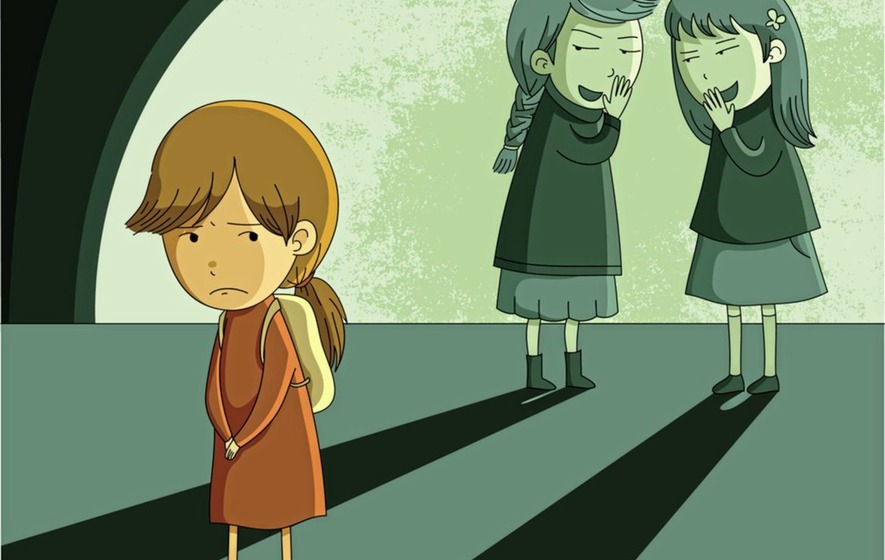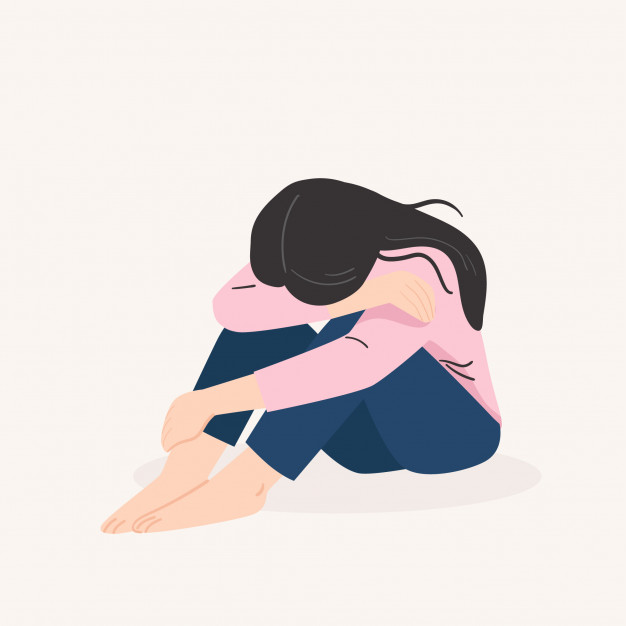In 2016, the number of people estimated to be suffering from mental health issues like depression and anxiety amounted to roughly 1.1 billion. Since then, numbers have likely continued to rise. Moreover, studies have also shown women especially on average are a) more likely to suffer from mental health issues, and b) less likely to talk about them. The taboo in Pakistan surrounding depression and anxiety disorders only serve to aggravate the individuals suffering even more. For the women who cannot seek out full time therapy, we’ve enlisted the help of a trained therapist. You sent us in your questions – here are the answers!

‘How can I deal with toxic people, especially if they are from my own family? My brother recently got married and since then, my sister-in-law has completely manipulated our relationships. She keeps on complaining, backbiting and trying to turn us against each other. This is affecting me a lot, more than any other family member. What can I do?’

Shahrukh’s Response:
Dear Anon,
The feeling of being left out can be quite painful, especially when it involves the people closest to you. As humans, we are designed for connection, and in a way, are also wired towards finding a sense of belonging in social groups because it can help us feel secure and safe, and it’s only natural to want to be a part of something where you feel that sense of security. Let’s explore this further and see what we can do to help you navigate through this challenging time.
Sit With Whatever Is Coming Up
I’m sure there are quite a lot of feelings that are coming up for you during this time, Anon, and that’s okay. Try to make space for what might be happening and just give those emotions the acknowledgement that they deserve. Remember, no matter how irrational your feelings may seem, they are coming up for a reason, and before we can begin to ask the question of “why”, it’s important to acknowledge the feeling first, and then meet it with curiosity and see what might be going on for you.
What’s Really Happening Within?
While feelings can be valid, it could also be possible that the information that one is taking in is being misinterpreted. Assumptions can be true, but they could also be untrue. They can really lead down a dangerous path of negative thinking patterns. The truth is, Anon, that it’s entirely possible that while it might be that you’re right about the situation, it’s hard to determine this without further proof.
Let’s try to explore this with a little bit of curiosity. If one person in this trio is, in fact, speaking with more interest to the other person, what does that mean for you? What could an alternative explanation be? What feelings arise in the body, and what do you imagine is bringing about those feelings? Try to notice what’s going on, without judgement of what those emotions and thoughts might be.

Try Speaking To Your Friends About It
Expressing how you feel can be an effective way to clarify some of those assumptions. It can be daunting to talk about your emotions and vulnerabilities, yet there are ways it can be done. The key is to speak in “I” statements and bring awareness and attention towards what you’re feeling about the situation. One way to phrase it could be:
“I feel really left out of the group sometimes, and I really would like to explore what’s happening. I am mindful that these are my feelings, and I just want to share them with you. I really care about both of you, and I would really like to feel more connected to you.”
The statement is free of any blame, and you’re just stating how you feel, and would like to have a conversation about it, and it leaves room for the other person (people) to respond.
Making Friends: Potential Challenge But Not Impossible
Anon, I hear you when you say that it’s challenging to make new friends. There could be several reasons for this, and while I don’t know the barriers that you are currently facing, there are things that come under the umbrella “fostering new connections 101”.
- Getting out of your comfort zone: sometimes it’s easy to stick to what we know, and stay within our comfort zones. Creating new friendships can definitely involve putting yourself out there, and striking up conversations with people you don’t know. That’s how it always starts, right? So perhaps it can be a matter of just going up to someone in one of your classes and speaking to them – even if it is mostly small talk or something school related. It won’t stop there, you may opt to meet outside for coffee and spend some more time together.
- Meeting people through current friends: another way to meet new people is to meet friends with their other friends, you already have a person in common, and can seize the moment and create a new connection there.
- Change your environment: while school and college are great ways of creating new friendships, you could also opt to join some classes – fitness, yoga, art – this is a great way of meeting people outside your circle and expanding into groups that you have no prior connections to.
Anon, I get that it’s really difficult being a part of a group where you don’t feel equally included and involved as the other members, and I imagine it feels a little uncomfortable to bring it up, but I assure you that sometimes the fear of confronting something can be bigger than the thing itself. I really hope that whatever happens, you’re able to give yourself the permission to express yourself, and create new friendships.
I really hope this article was helpful to you. I wish you all the best on your journey towards growth and healing. Take care and stay in your power!

The above article is written by Shahrukh Shahbaz Malik who is trained in humanistic integrative counselling at CPDD in the UK and currently has her own private practice in Karachi. The views expressed in this article are those of one expert. They do not necessarily represent the views of Mashion, nor do they represent the complete picture of the topic at hand. This article is for informational purposes only and is not a substitute for medical diagnosis, treatment or therapy.









What do you think?
You must be logged in to post a comment.